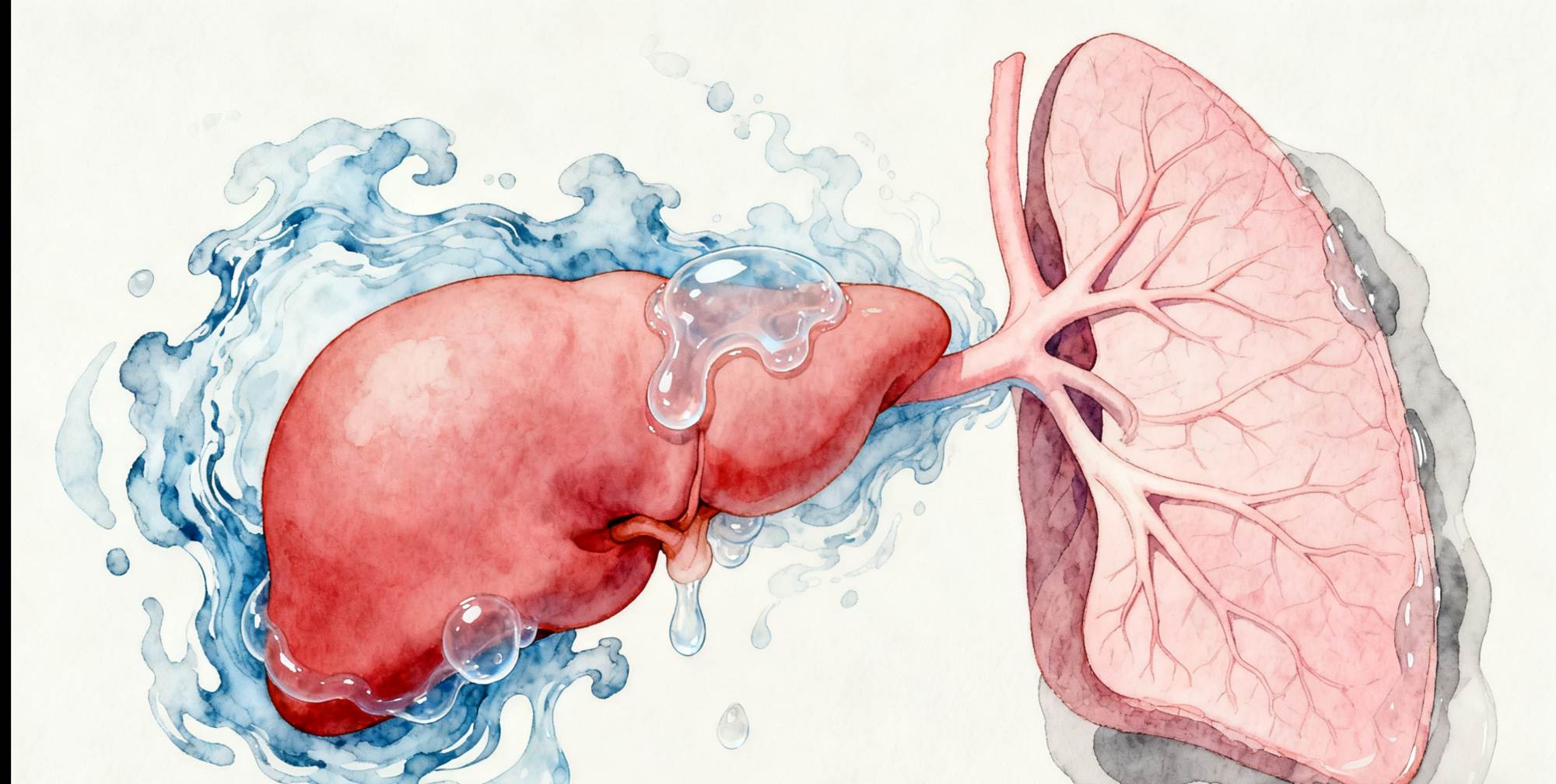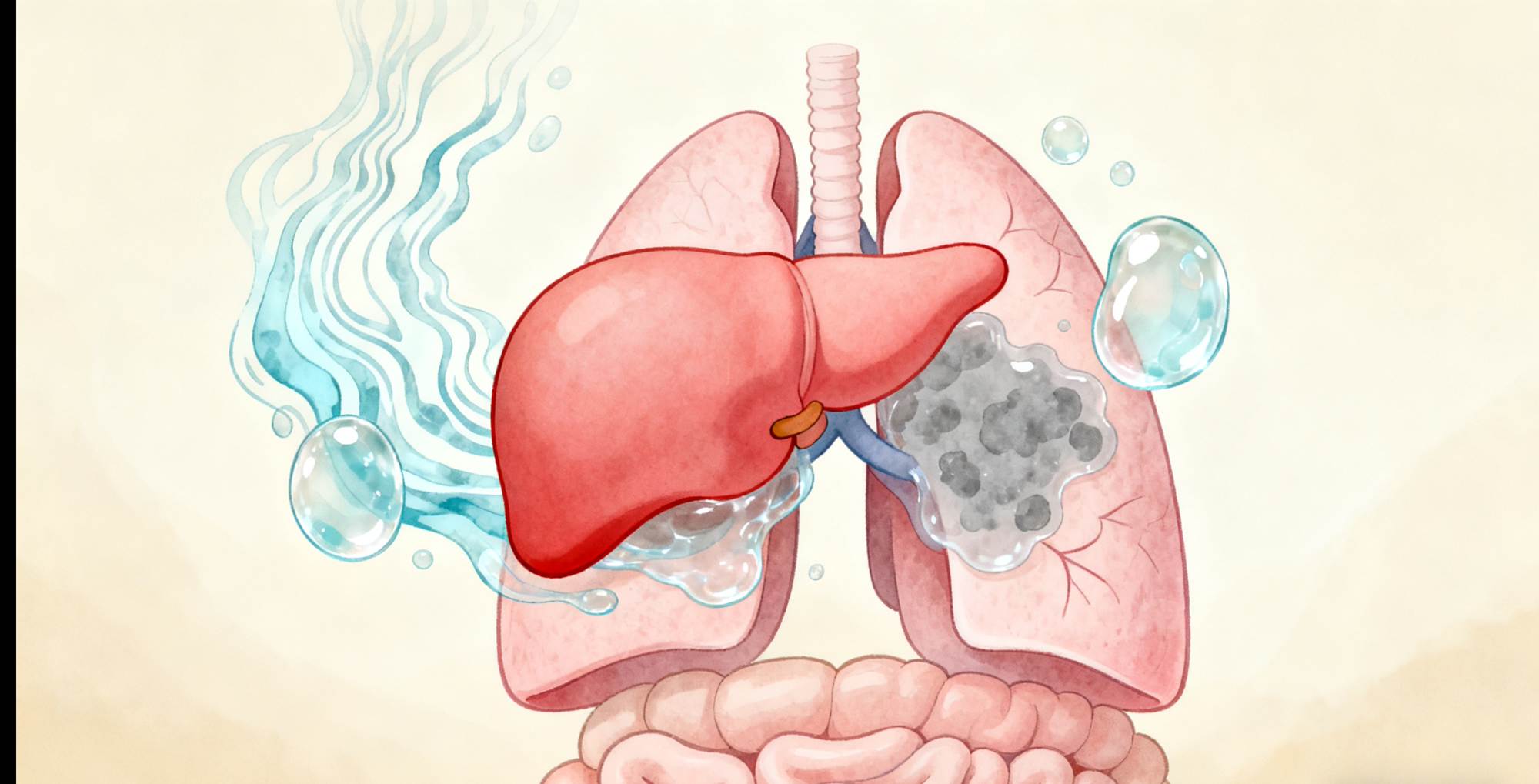
Physician Chen Peijing explains that according to Traditional Chinese Medicine (TCM), phlegm is a sticky substance formed by an imbalance in the body's fluid metabolism. "The spleen is the source of phlegm, and the lungs are the reservoir of phlegm." When phlegm accumulates in the respiratory tract and lungs, it can cause nasal congestion, runny nose, itchy throat with phlegm, a gurgling cough, or wheezing. Phlegm can also stagnate in the body, causing chest tightness, nausea, fatigue, or obesity. When phlegm accumulates in the head, it can cause dizziness and lack of energy.
Physician Chen explains that children's spleen and stomach functions are not fully developed. If they eat an irregular diet, such as excessively sweet or cold foods, they will produce more phlegm. People with weak spleens and stomachs have impaired digestive function, unable to effectively absorb, transform, and distribute food and water. Water and moisture accumulate in the body, condensing over time and producing thick phlegm.
Eating too many spicy or fried foods can burn body fluids, turning them into thick phlegm.




